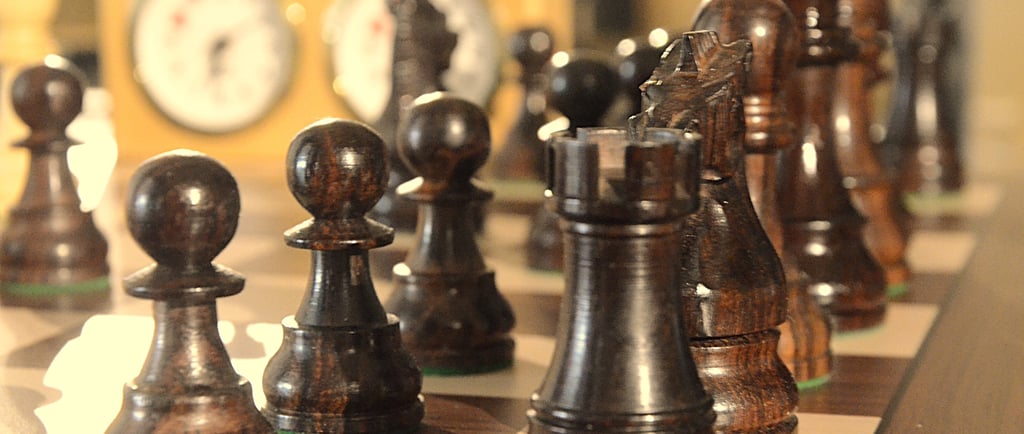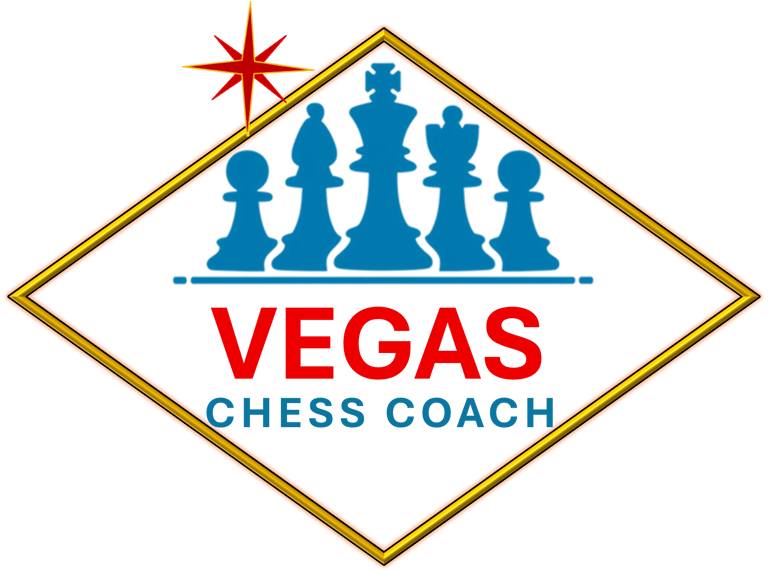Why Hire a Chess Coach
Is it worth hiring a chess coach? This blog will explore this question for all chess enthusiasts looking to improve their skills.
CHESS COACHINGLEARNING CHESS
Oliver Hemmers
7/11/20252 min read


In this blog, I will discuss the importance of chess coaches and when you might need one. Today, the sheer volume of information available online can be overwhelming. Many people turn to YouTube, where they can find tutorials on nearly anything they want to learn. This platform is often more accessible and preferred over books by those who would rather watch demonstrations than read instructions.
Additionally, there are numerous chess-related websites, many of which sell products and courses. You might come across tempting offers, like a 50% discount on an opening course for the King’s Indian Defense, bringing the price down to about $39.95. When an instructor advertises to be a Chess Grandmaster or an International Master, it can create the impression that their course is a necessary step toward achieving your own goal of becoming a Grandmaster. This can lead to a cycle of buying various courses—covering opening strategies, tactics, endgame techniques, and overall strategic play—ultimately costing you thousands of dollars as you try to learn from many titled players.
However, if your goal is to become a skilled chess player, spending 8 to 10 hours a day on these courses may not significantly improve your skills. Simply watching the course videos without actively engaging with the content can be a waste of time and resources. For instance, a coach can help you understand and apply complex strategies, analyze your games to identify areas for improvement, and provide personalized feedback and guidance.
This is where coaches come in. They help you navigate the overwhelming number of chess learning options available, where everyone promises to help you reach a 2,000 USCF rating. The reality is that 99% of chess players will struggle to reach this level without proper guidance and discipline. Although it may seem intimidating for beginners—who typically start with a rating of 100 after learning the basic rules of chess—achieving a 2,000-level rating requires commitment. Getting good at anything, chess included, demands not just learning but consistent practice. Without knowing how to learn regularly, you risk wasting a lot of time.
A focused practice of just 30 minutes to an hour each day can lead to improvement—even for busy adults. This idea is similar to striving for better health by exercising for 30 minutes daily, which presents its own challenges. So, what do people do to achieve a healthier lifestyle? They hire a coach! Whether or not you can run on a treadmill for 30 minutes alone, a coach provides invaluable motivation, encouragement, and pushes you to reach new heights. Neither a book nor a YouTube video can match the effectiveness of having someone alongside you.
The same principle applies to chess: meeting with a coach once or twice a week, completing assignments on other days, and reporting back can make a big difference. Would you skip your workouts on the days you don’t see your coach? Some might feel embarrassed to admit they chose to relax on the couch instead of exercising.
Children enjoy school sports and competitions, and they thrive with practice and the support of coaches who help them improve. Imagine middle school students being given a book on cross-country running or pole vaulting and then left to figure it out on their own, especially with an upcoming competition to determine the state champion in just six months ahead—this would be unthinkable.
A coach serves as a mentor invested in your progress. Ultimately, it is your choice whether you want to improve at something you love, just as it is in many aspects of life.
In my next blog, I will explore what to look for in a good chess coach and how to find one.


